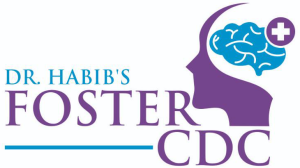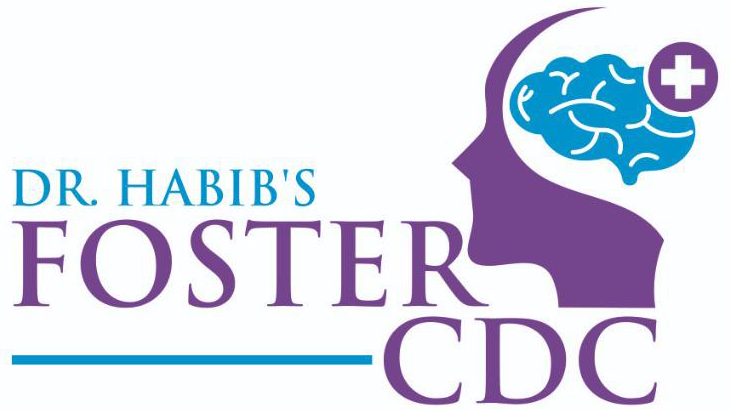Intellectual disability is also known as mental retardation. It is a below-average intelligence or mental ability in a child – owing to which the child doesn’t perform well in day-to-day activities. Children who have intellectual disabilities can not learn new skills – even if they learn, they learn them very slowly.
A child who has an intellectual disability has problems in the following two areas:
Intelligence Quotient (IQ) or Intellectual functioning: It refers to a person’s ability to learn, make decisions, reason, and solve problems.
Adaptive behaviors: Skills such as the ability to effectively communicate, self-care, and interaction with others are indispensable for day-to-day life.
IQ: The average IQ is 100. A majority of children score between 85 to 115. A child is considered intellectually disabled if he or she has an IQ of less than 70 to 75.
Intellectual disability can be mild, or moderate to severe. A majority of children with intellectual disabilities can overcome it with intervention and support. Children with mild intellectual disabilities tend to learn new skills or information slower than average compared to other children of the same age group. With apt and timely support and therapies most will learn the necessary skills to live independently as adults.
In some children with profound or severe intellectual disabilities, other health issues are also present. Those health issues could be hearing problems, vision problems, motor skills impairment, anxiety, depression, mood and behavioral disorders, seizures, ADHD, and Autism.
Signs and symptoms of intellectual disability in children
Symptoms may manifest during infancy, but may not be noticeable until a child attains school age. There are different types of signs that indicate a child’s disability and they often depend on the magnitude of the severity of the disability. The typical signs and symptoms of intellectual disability include:
- Difficulties in rolling over, crawling, sitting up
- Walking late
- Difficulty in standing up
- Very slow in mastering feeding themselves, potty training, and dressing
- Walking difficulty
- Problems with memory
- Behavioral issues such as excessive tantrums
- Inability to connect actions with consequences
- Logical thinking and problem-solving difficulties
Causes of Intellectual Disability in Children
- Premature birth
- If the baby is deprived of oxygen during birth
- Alcohol or drug use during pregnancy
- Preeclampsia, certain infections, and malnutrition during pregnancy
- Bacterial and viral infections during pregnancy
- Severe head injuries
- Brain infections
- Exposure to toxic substances such as mercury and lead
- Unknown or idiopathic cause
Diagnosis of intellectual disability in children
A pediatric neurologist performs a physical examination by taking into consideration all the signs and symptoms. If any physical abnormality suggests any genetic or metabolic disorder, the doctor may order a variety of tests including, blood, urine, and imaging tests to look for structural problems in the brain. The doctor will also test the child for hearing problems or other neurological disorders. An experienced pediatric neurologist takes into consideration three things for the diagnosis of intellectual disability – observes the child, interviews the parents, and then tests the child for intelligence and adaptive behaviors. An intellectually disabled child with have defects in both IQ and adaptive behaviors.
After confirming the diagnosis of intellectual disability, a team of professionals works together to plan and formulate a treatment plan to help the child succeed at home and in school.
Dr. Habib’s Foster CDC
The following services are available for intellectually disabled children at Dr. Habib’s FOSTER CDC.
We have early intervention programs for babies and toddlers and also for children of all age groups.
Based on a child’s specific needs a wide range of approaches, therapies, and services are available at CDC.
The other services at the center include family counseling, speech therapy, physical therapy, occupational therapy, nutrition services, and special training with special assistive devices.



